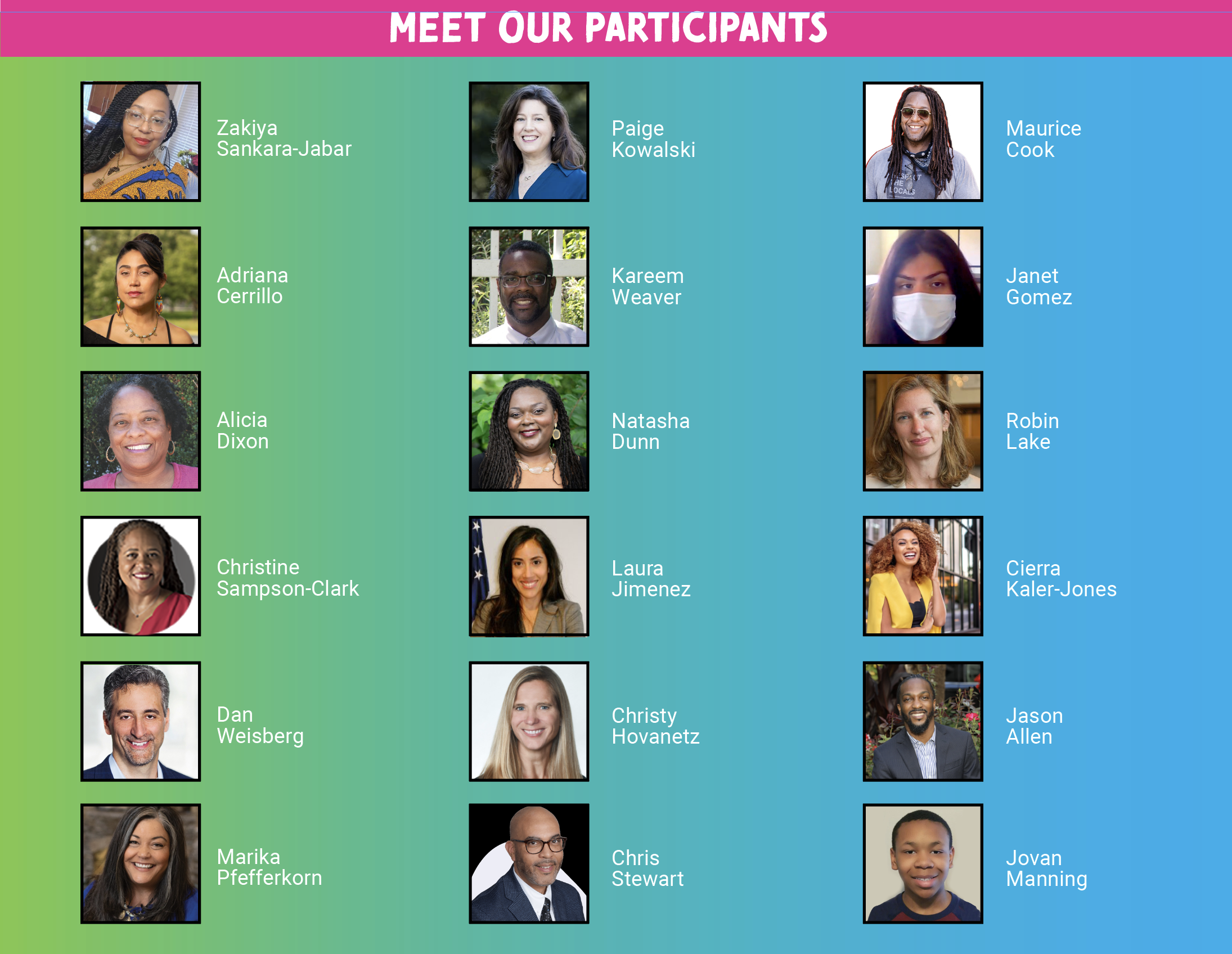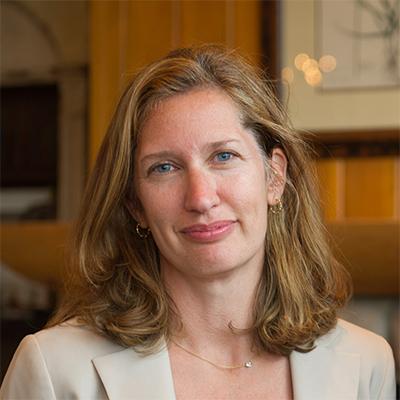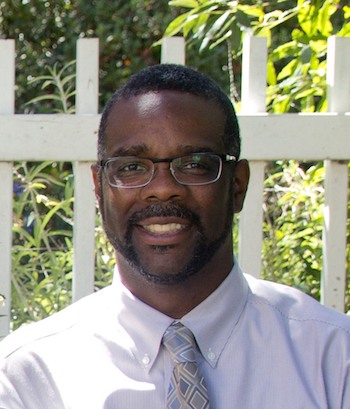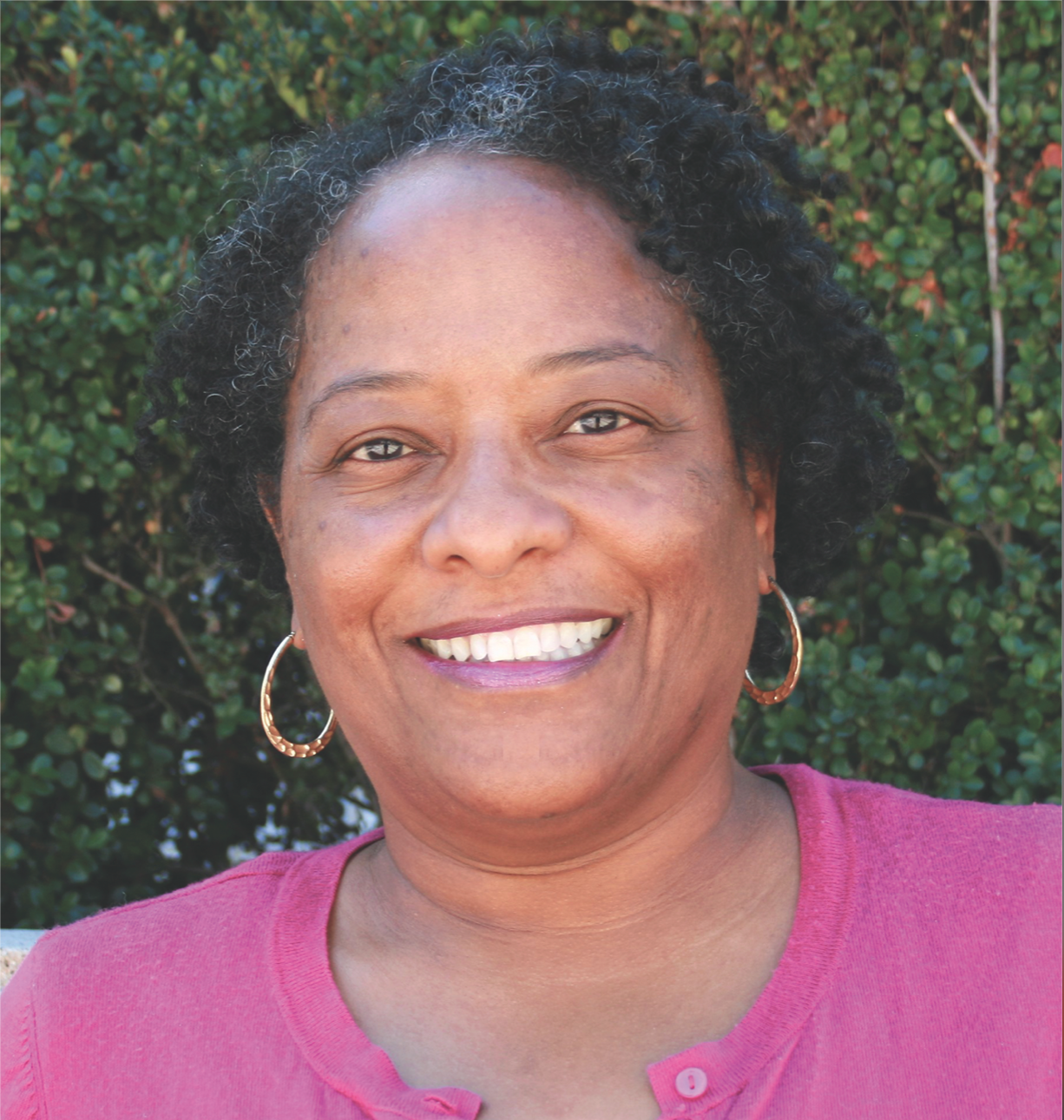As the culture wars in education intensify and districts flail in efforts to recover from pandemic disruption, we are asking the question:
What can we do now to push for dramatic school improvement?
Seeking Common Ground
A Community Driven Agenda To Improve Public Education
Fewer high school graduates. Fewer on-track readers. Fewer kids in public school. These are just some of the devastating consequences families and schools face due to the pandemic. At the same time, educators, parents and politicians are at war over how to teach our children their nation’s history. The conflict has sparked battles at school board meetings and in state legislatures from Arizona to Maine. So, where can we find common ground and what concrete steps can we take to improve our schools and the systems that educate our young people?

Seeking Common Ground is about bridging the gap between local communities and national education leaders. It’s also about breaking free of the ideological shackles of yesteryear that stand in the way of a common agenda to benefit students and their families.
In October 2021, we launched a virtual town hall series to foster dialogue that points the way to a sensible, common-ground agenda that everyone can fight for, today. Our series of virtual panels brought together key national and grassroots leaders to tackle the critical issues stopping our kids from reaching their full potential.

The pandemic has created a crisis in education.
Polarization is at an all time high over how and what we teach our children.
This report highlights the common ground parents, educators, activists and policymakers share.
Leaders at the national, state and local levels can use our Agenda for Action to design future accountability systems. Right now, it can inform their partnerships with families to help every student succeed.
Our town halls launched a wealth of better conversation. Now it’s time for people in power—funders, policymakers, elected officials—to listen and respond.
We are #SeekingCommonGround
Agenda for Action
Informed by the good-faith, collaborative discussions that took place in our series of town halls, we are proposing five concrete actions leaders can start taking. From rooting out bias and putting students first to building out systems of mutual accountability in schools and embracing transparency, these steps will move us closer to the equitable schools and systems we need to help our young people achieve their goals
Listen to the agenda for action from our report:
Watch the Town Halls
We spoke with a diverse mix of national and local leaders about some of the most pressing issues in the field. Watch these powerful dialogues on what our young people should be learning, how we use student data, building mutual accountability between schools and communities, and working to support the whole child.
TOWN HALL: What Should Our Kids Be Learning?
TOWN HALL: Disarming the Double-Edged Sword of Data
TOWN HALL: Building Mutual Accountability Between School Systems and Families
TOWN HALL: Supporting the Whole Child in a Post-Pandemic World
“If I’m thinking about justice for children, all the adults that are implicated in their healthy development would be on the hook in some formal, fair way, for the outcomes of those children.”

Chris Stewart
Brightbeam Chief Executive Officer
“The bottom line is really relationships. We need to rebuild relationships.”

Robin Lake
Center on Reinventing Public Education
“We actually have to trust our parents and be honest with them and give them information.…I want my babies to be screened for reading risk. We should go hard to secure [data privacy] protections for our kids. And we should go hard to make sure our kids get what they need.”
 Kareem Weaver
Kareem Weaver
NCTQ Fellow/ Oakland NAACP Education Committee
“Learning about your own culture and learning about the culture and experiences of others is what forms our humanity. It’s a very fundamental aspect of a civil society. This stuff is as important as teaching kids to code. And so for it to get short shrift is very telling.”

Alicia Dixon
Marcus Foster Education Institute

